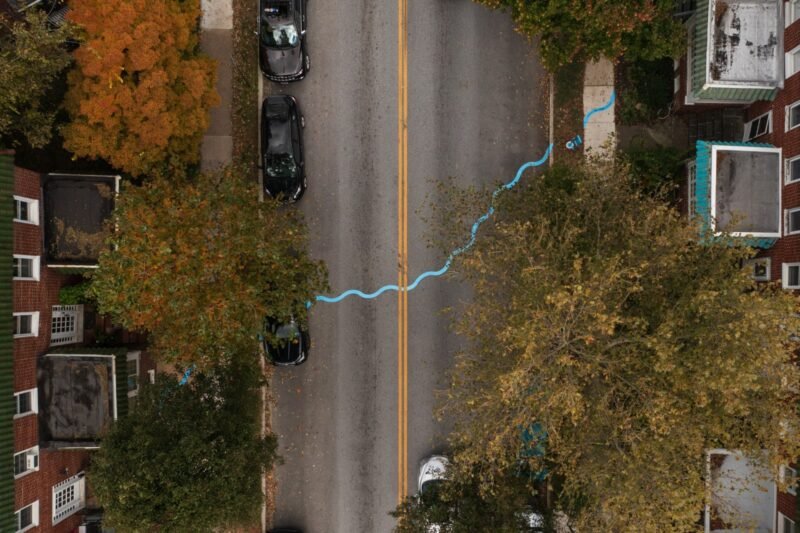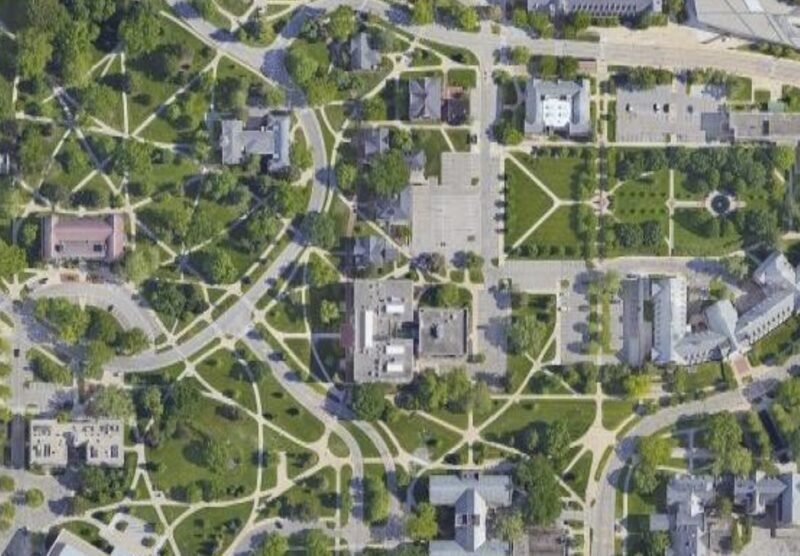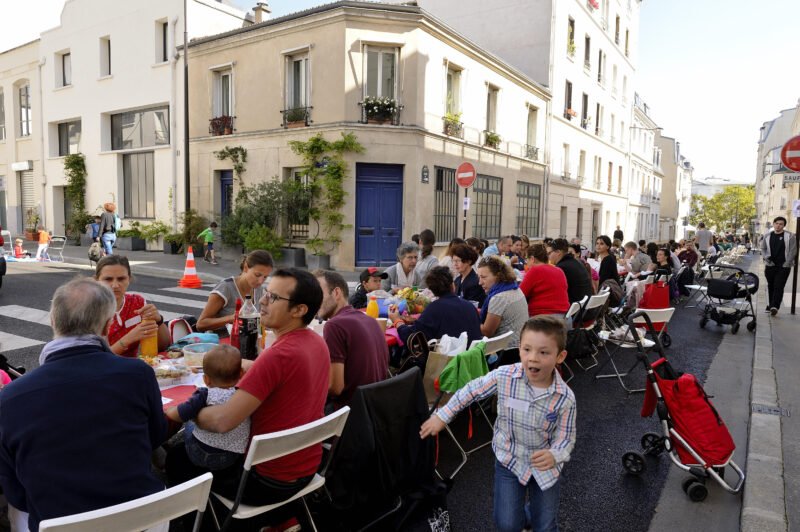The Future In The Present
John Jordan — artist practicing the art of engagement. Writer and editor. Co-director of interdisciplinary artistic group Platform. One of co-founders of Reclaim the Streets movement (RTS; set up in 1991 in London) that quickly became a global phenomenon. Co-created Clandestine Insurgent Rebel Clown Army and Climate Camps.
Marta Żakowska: As an artist working with social movements, you were one of co-founders of the legendary Reclaim the Streets movement. Was it in any way connected to the fight for the role of happiness in the western social system?
John Jordan: “Yes. I would like happiness, not money, to be the most important value in the system we live in. One of main aims of RTS was also the question of how to create radical politics of pleasure. Most of radical political actions include devoting of it. It was important for us to use a form that not only said no, but showed an alternative as well. A future in the present. We weren’t only saying we didn’t want cars that clogged contemporary streets in western cities. We were saying we wanted the streets and urban spaces reclaimed for the people, for communities, for relations. We were organizing radical street events, parties, carnival-like. They were giving people joy and called for joy to be taken under consideration in the process of constructing the cities. We were illegally occupying streets in London and other cities around the world, for a few hours during daytime. It was amazing. Instead of just marching with placards, people were dancing, eating free food, planting trees in a middle of a street. Having fun.”

MŻ: They were enjoying what they otherwise often missed in urban space. One of basic ideas of RTS was the statement that capitalism influences the way cities work, how they are built, and the way we use it.
JJ: “We wanted to look at a street as both common and communal places. Before the XV century we had in Great Britain places that were called the commons. For example, the woods that belonged to communities. Everyone had access to it — could build with it, heat homes with it. It was a common resource and commonly run, not privatized. Capitalism brought the process of enclosure, putting fences around. And the privatization of commons. Particular groups of people became owners of these lands and they were making money of it. RTS wanted to recreate commons, reclaim these places, in old and new contexts. Not just water, communities or land, but software as well.”
MŻ: And to reduce the role of cars in cities…
JJ: “Yes, because sociological evidences show that the bigger the number of cars in the streets, the less interactions among people take place. Cars privatize the streets. The more cars, the less relationships in a street. They turn a street into a duct from a point A to a point B, destroying communities and social exchanges. Streets become non-places. We were taking them back. Symbolically reclaiming them in a creative, joyful way. Which was, of course, a form of ecological criticism of cars as well.”
MŻ: But the RTS’s radical street parties have eventually fizzled out, after a few years.
JJ: “Not completely. A lot of people from RTS got involved in the Climate Camps. Within the framework of that movement we continue to create the future in the present. CCs are less symbolic than the RTS. Every year we squat lands, in the rural spaces like airport neighbourhoods, or in other, not ecological, infrastructures. We focus on redefining the forms in which relationships are constructed in capitalism.”
MŻ: And what exactly you do during these Camps?
JJ: “Once a year we build ecocamps for about 2000 people. We run it as direct democracy. On the edges of the squatted land we build kitchens around which communities are constructed. There is a London Community, Scottish one, South–East one, etc. We organize workshops, reclaiming the space and using renewable energy sources. CC is more serious, less symbolic than the RTS. Once in a year for a week we live in a post-capitalistic way. It’s a great joy. People get to live their own dreams. We don’t wait for the future. We don’t create utopias on paper, neither.”



